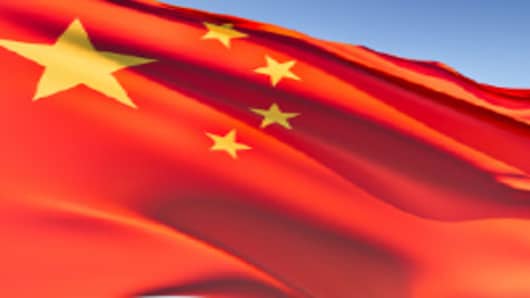If you have to have a Great Recession, you want to have one like China is having. A laggard on the way into the downturn, the Middle Kingdom has become a leader on the way out. Its economy vaulted 7.9% in the second quarter, a turnabout that on Sunday The New York Times, quoting Andy Rothman, a Shanghai-based economist at brokerage CLSA, called a "stunning recovery." Stunning indeed: China is expected to account for 74% of all GDP growth in the world in the three years ending 2010, and the Shanghai Composite is up 75% so far this year.
Still, it's the last place on earth I'd want to invest right now.
That's partly a matter of market history. The sector that performs best in one period tends to take a pratfall in the next, as Nathan Hale reminds us in this smart post about ETFs. And contrary to what you might think, the fastest-growing economies tend not to have the best-performing stock markets, according to this fascinating research from Buckingham Asset Management's Larry Swedroe.
But I'm also responding to the niggling worry that the Chinese rebound, like the late, lamented U.S. real estate boom, is a creation of loose money and skewed incentives.
Like Uncle Sam, the Chinese government has been shoveling stimulus money at the recession. Unlike us, however, it's also getting plenty of support from banks, which are estimated to have lent more than 7 trillion renminbi in the first half of this year (a little over $1 trillion), nearly double what they lent in all of 2007. Why? One reason could be that China is a dictatorship in which people do what the government tells them, and that includes bankers. Uncle Sam sometimes bosses American bankers around, too—I'm looking at you, Ben and Ken (or as my colleague Jill Schlesinger calls Bernanke and Lewis, the bully and the weenie). But the Fed hasn't leaned on U.S. bankers hard enough to persuade them to lend if they can't find creditworthy borrowers, who are always scarce in a recession.
_____________________________________
More From The Big Money:
- How Narcissism Created Our Modern Malaise
- Tricks for Dealing With Office Suck-Ups
- Why Kindle is Having Problems
_____________________________________
In his most recent Grant's Interest Rate Observer, Jim Grant worries that the Peoples Bank of China is less concerned about such niceties of credit quality. Leaning on a Fitch Ratings report from May, Grant finds it suspicious that Chinese lending has exploded even as Chinese companies' profitability has fallen. It usually doesn't work that way. His explanation:
Chinese loan officers work to a quota. They take their direction from their branch managers, who report to the senior management, which answers to the board of directors-and the directors hang on the words of the People's Bank.
The trouble these days is that too many motivated loan officers are chasing too few creditworthy borrowers. Net interest margins at Chinese banks are tightening on account of the recession and the governmentally sponsored drive to lend their way to prosperity. So loan officers push all the harder. "For example," as Fitch explains, "a branch manager is given an annual profit target of Rmb35 million. If the average loan margin is 3.5%, he needs to lend Rmb1 billion to meet this goal. However, if the average margin declines to 2%, he now needs Rmb1.75 billion to meet the same objective...In the past, the ability to raise credit volume was limited by quotas [ie, central-bank-imposed quotas to restrict lending to combat inflation]. Now, in a quota-less environment, that restraint is gone."
Grant may be alarmist; it wouldn't be the first time. On the other hand: You don't quadruple loan volume during a recession by tightening lending standards. Loose lending leads to inflation or defaults or both. And if any country's banking system has too much of it, the end isn't pretty.


